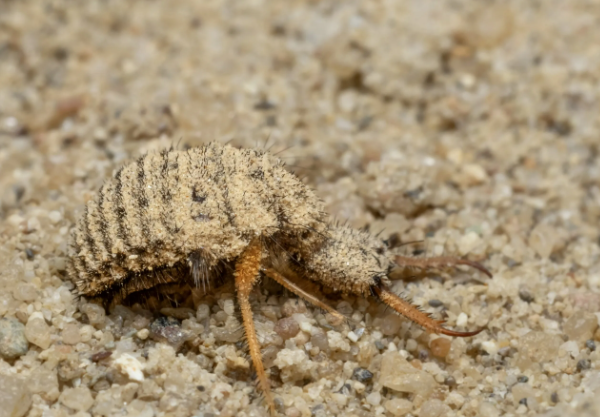Palpares contrarius: New Antlion Species Discovered
Researchers identified Palpares contrarius on the Madras Christian College (MCC) campus, a new species of antlion in Tamil Nadu, which marks addition to the region’s biodiversity.
Identification Features
Palpares contrarius resembles a dragonfly, which has distinct antennae and a unique fluttering flight. Antennal structure helps differentiate it from similar insects. Adults are elusive and primarily nocturnal.
Life Cycle and Behaviour
Antlion larvae create sand pits to capture prey. They primarily feed on ants. The larval stage can last over a year. Duration depends on environmental factors and food availability. Adults have a short lifespan and are seldom seen during the day.
Habitat and Distribution
Antlions are prevalent in several countries. They are found in Africa, Myanmar, Thailand, and Sri Lanka. In India, they inhabit states like Odisha, Maharashtra, Karnataka, Mizoram, Uttarakhand, and Madhya Pradesh. The discovery of this species in Tamil Nadu is unprecedented.
Research and Publication
Anita Pearline Esther, an entomologist at MCC, documented this finding. The research was published in the Journal of Threatened Taxa. The specimen has been preserved at the Zoological Survey of India in Chennai.
C Joyce Priyakumari leads the zoology department at MCC. She expressed enthusiasm about the campus’s insect diversity. Many species remain unstudied. Principal Paul Wilson announced plans for comprehensive fauna research on the 320-acre campus. The area is home to various wildlife, including spotted deer.
Important Facts for Exams:
- Palpares contrarius: This newly discovered antlion species resembles a dragonfly. It features distinct antennae and a unique fluttering flight. Its presence in Tamil Nadu marks biodiversity addition.
- Journal of Threatened Taxa: This academic journal published the findings of the new antlion species. It focuses on documenting species at risk. The publication aims to raise awareness about biodiversity conservation.
- Madras Christian College (MCC): MCC is located in Tamil Nadu and hosts diverse insect species. The campus spans 320 acres. It serves as a vital research site for entomological studies.
- Antlion larvae: Antlion larvae create sand pits to trap ants for food. They can remain in this larval stage for over a year. Their camouflage helps them avoid detection in their habitat.
Month: Current Affairs - November, 2024
Category: Environment Current Affairs


